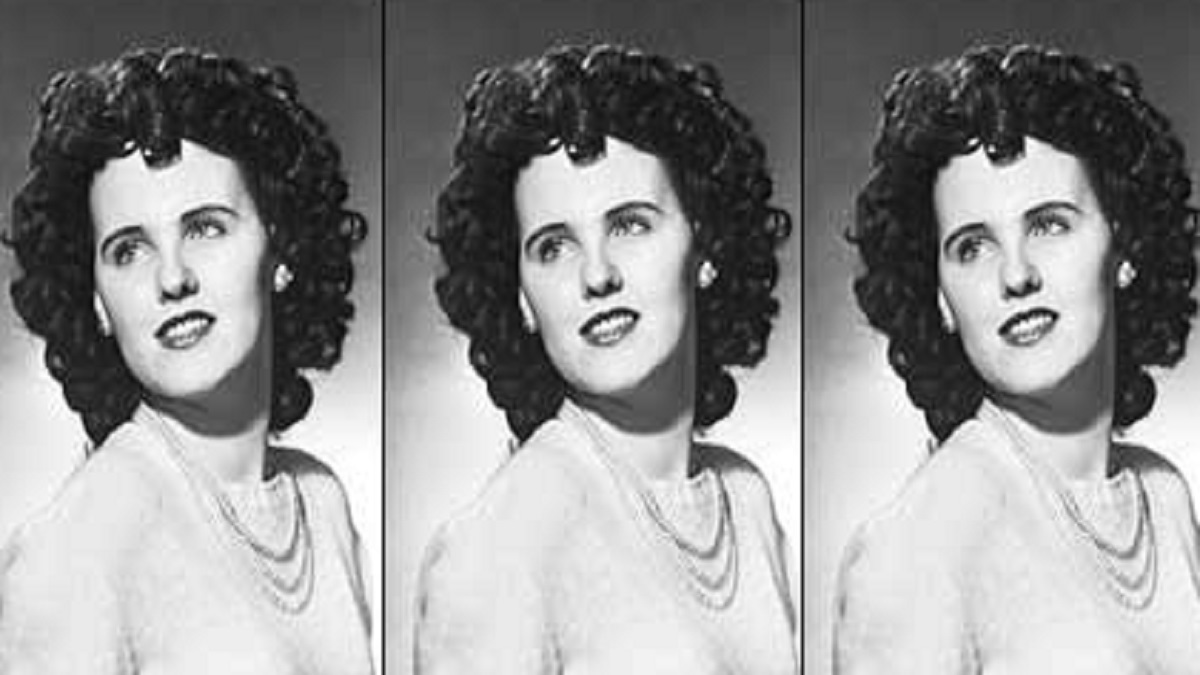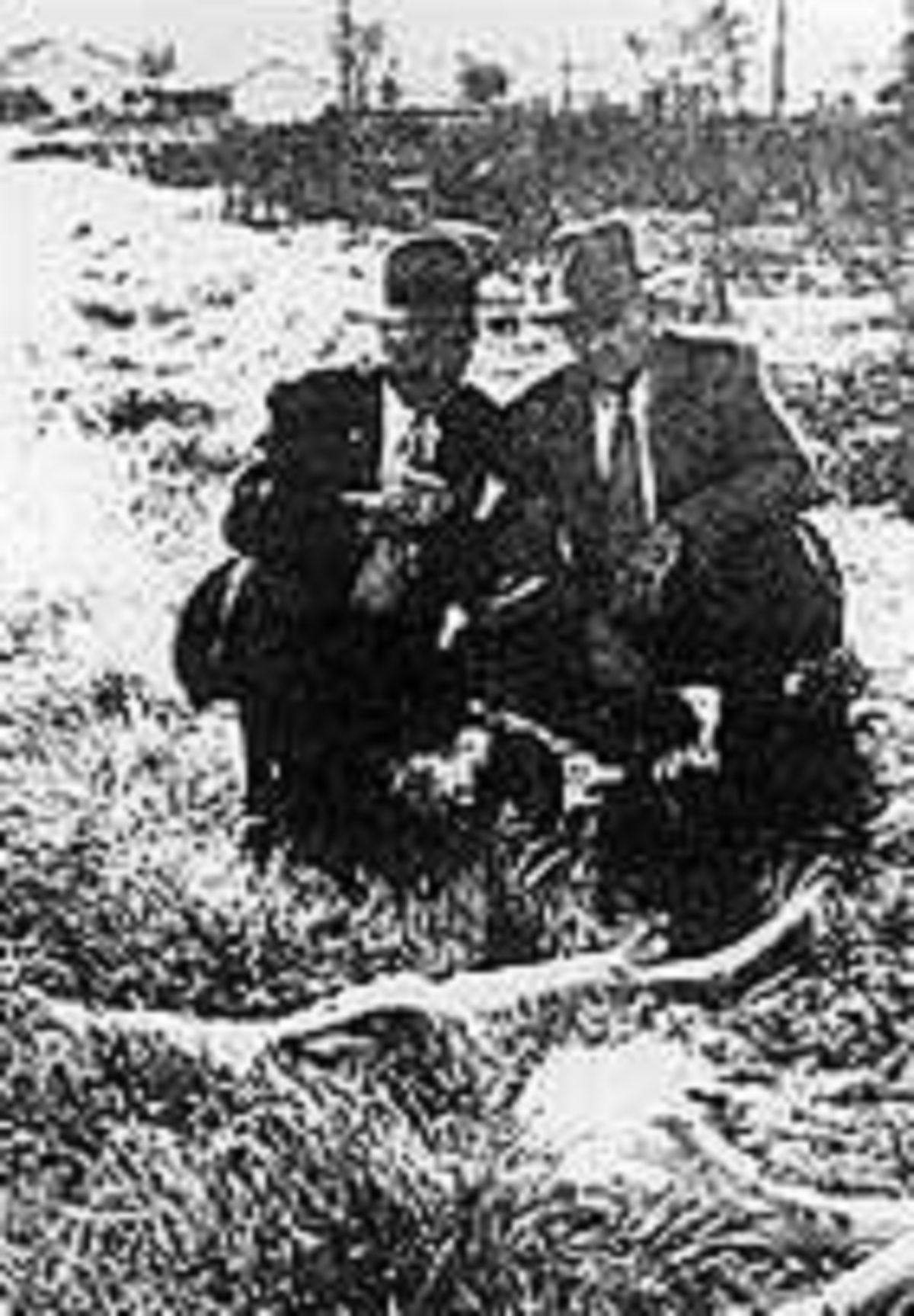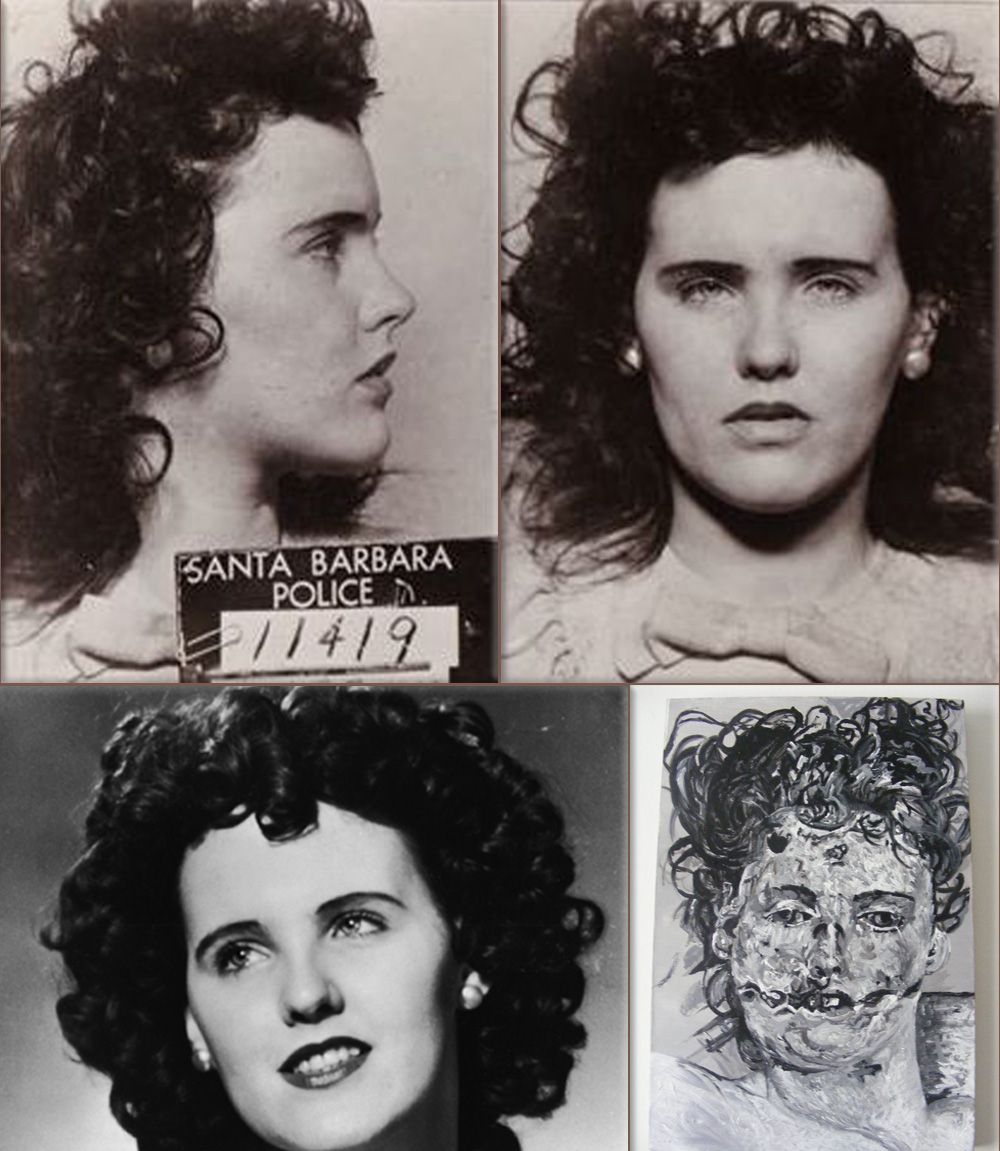Imagine diving into one of the most infamous unsolved mysteries in American history. Elizabeth Short autopsy holds the key to understanding the tragic case of the Black Dahlia. This investigation takes us deep into the darkest corners of forensic science, where truth meets speculation. Today, we're going to explore every detail surrounding this haunting chapter in true crime history.
Now, let's face it - the Black Dahlia case has fascinated true crime enthusiasts for decades. But what exactly happened during Elizabeth Short's autopsy? How did investigators piece together the evidence? And why does this case still haunt us today? These are the questions we're about to unravel, so buckle up because it's gonna be an intense ride.
This isn't just another true crime story; it's a journey through time, science, and human tragedy. As we delve deeper into Elizabeth Short autopsy findings, we'll uncover not only the facts but also the emotions behind this haunting mystery. So let's get started, shall we?
Read also:Sturgill Simpson Wife The Untold Story Behind The Music Legends Love Life
Who Was Elizabeth Short? - A Brief Biography
Before we dive into the autopsy details, let's take a moment to understand who Elizabeth Short really was. Born on July 29, 1924, in Boston, Massachusetts, Elizabeth grew up in a modest family with dreams as big as the Hollywood skies she'd eventually chase.
Check out these essential details about Elizabeth Short:
| Born | July 29, 1924 |
|---|---|
| Place of Birth | Boston, Massachusetts |
| Occupation | Aspiring Actress |
| Date of Death | January 14-15, 1947 |
| Place of Death | Los Angeles, California |
| Nickname | The Black Dahlia |
The Autopsy Process - What Happened Next?
Alright folks, here's where things get intense. The autopsy began shortly after Elizabeth's body was discovered on January 15, 1947. Dr. Frederick Newbarr, the LA County Coroner, led the examination, and what they found was beyond horrifying.
Initial Observations - The Scene Speaks
Let's break it down - the body was found in two separate pieces, neatly divided at the waist. Her face was frozen in an expression of extreme pain, with a deep gash from ear to ear. But wait, there's more...
- Body divided at the waist
- Deep gash across the face
- No blood at the crime scene
- Body positioned in a bizarre manner
Key Findings From Elizabeth Short Autopsy
Now here's the kicker - the autopsy revealed some disturbing facts that have puzzled investigators for decades. Let's dive into the most significant findings:
Time of Death - A Critical Factor
According to the autopsy report, Elizabeth had been dead for at least 10-12 hours before her body was discovered. But here's the twist - there was no blood at the scene, suggesting she was killed elsewhere and dumped later. Makes you think, right?
Read also:Unveiling The Truth Behind Buscar Kid And His Mom Full Video
Forensic Analysis - The Science Behind the Case
Forensic science has come a long way since 1947, but even back then, investigators had some pretty solid tools. Let's take a look at how they pieced together the evidence:
Toxicology Report - What Was in Her System?
The toxicology report revealed traces of barbiturates in Elizabeth's system, suggesting she might have been sedated before the attack. But here's the thing - the exact dosage remains unclear, leaving more questions than answers.
Medical Examiner's Perspective - What Experts Say
Let's hear it from the experts. Dr. Newbarr stated that the precision of the cuts indicated someone with medical knowledge might have been involved. This theory has sparked debates among true crime enthusiasts for years.
Wound Patterns - The Signature of a Killer
Take a closer look at the wound patterns. The precision of the cuts, the absence of defensive wounds, and the positioning of the body all point to a calculated and methodical killer. But who could it be?
Public Reaction - How Did People Respond?
Now, let's talk about the public reaction. The Black Dahlia case sent shockwaves through Los Angeles and beyond. People were both horrified and fascinated by the gruesome details of Elizabeth Short autopsy. The media frenzy only added fuel to the fire.
Media Coverage - The Role of Journalism
Journalists played a significant role in shaping public perception. The nickname "Black Dahlia" was coined by reporters, adding a dramatic flair to the already shocking story. But did this sensationalism help or hinder the investigation?
Modern Insights - What We Know Now
Fast forward to today, and we have access to advanced forensic tools that weren't available in 1947. DNA analysis, digital imaging, and behavioral profiling have all contributed to our understanding of the case. But does this mean we're closer to solving it?
Unanswered Questions - The Mysteries Remain
Despite all the advancements, some questions remain unanswered. Who was Elizabeth's killer? What drove them to commit such a heinous act? And why has this case remained unsolved for so long?
Lessons Learned - The Impact on Forensic Science
The Elizabeth Short autopsy case has had a lasting impact on forensic science. It highlighted the need for better evidence collection, more thorough autopsies, and improved communication between law enforcement agencies.
Advancements in Autopsy Techniques - A Legacy of Change
Thanks to cases like this, autopsy techniques have evolved significantly. Today's forensic pathologists have access to tools and technologies that would have been unimaginable in 1947. But does this mean we're better equipped to solve similar cases today?
Final Thoughts - Where Do We Go From Here?
As we wrap up our deep dive into Elizabeth Short autopsy, it's clear that this case remains one of the most intriguing mysteries in true crime history. The facts, theories, and unanswered questions continue to captivate and challenge us.
So, what's next? Keep exploring, keep questioning, and never stop seeking the truth. Share your thoughts in the comments below, and don't forget to check out our other articles for more fascinating true crime stories.
Remember, the search for justice never ends.
Table of Contents
- Who Was Elizabeth Short? - A Brief Biography
- The Autopsy Process - What Happened Next?
- Key Findings From Elizabeth Short Autopsy
- Forensic Analysis - The Science Behind the Case
- Medical Examiner's Perspective - What Experts Say
- Public Reaction - How Did People Respond?
- Modern Insights - What We Know Now
- Lessons Learned - The Impact on Forensic Science
- Final Thoughts - Where Do We Go From Here?
So there you have it - a comprehensive look at Elizabeth Short autopsy and the haunting mystery that surrounds it. Keep the conversation going, and let's continue uncovering the truth together.


